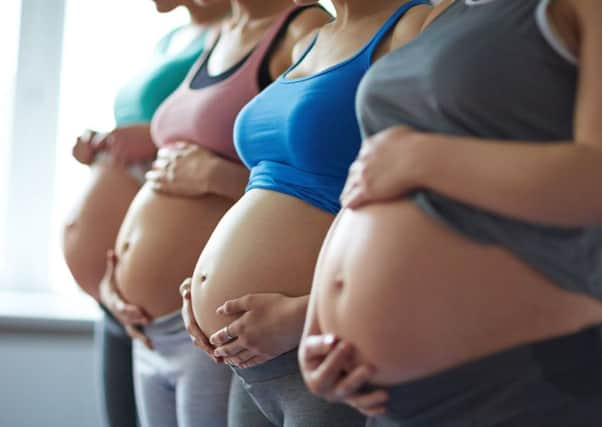Leader: Mum's not the word any more


Wash out your mouth with surgical spirit! Then wipe with anti-septic tissue! The British Medical Association has now plunged, scalpels raised, into the new Orwellian world of transgender-speak.
It has warned staff in a guidance document not to call pregnant women “expectant mothers” as this could offend transgender people. Instead, they should be called “pregnant people” so as not to upset intersex and transgender men.
Advertisement
Hide AdAdvertisement
Hide AdIt also lists a number of other commonplace phrases that should be avoided lest offence be caused. For example, “the elderly” should be referred to as “older people”, “disabled lifts” called “accessible lifts” and someone who is “biologically male or female” should be called “assigned male or female”.
Assumptions and stereotypes are deeply-rooted. And indeed, “a large majority of people”, it observes, “that have been pregnant or have given birth identify as women.”
Quelle surprise! But how misconceived those old labels are – and what offence may be given to all those who are not in fact, “women” – or mistakenly assigned as men. “We can”, says the BMA, “include intersex men and transmen who may get pregnant by saying ‘pregnant people’ instead of ‘‘expectant mothers’.
For those still apprehensive about those new transgender toilets, all this will take some getting used to. “Mothers”, indeed! What an old-fashioned, fuddy-duddy word.